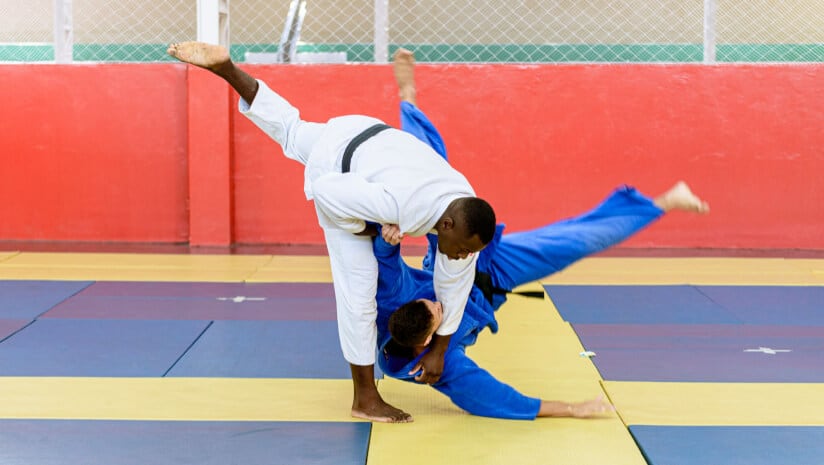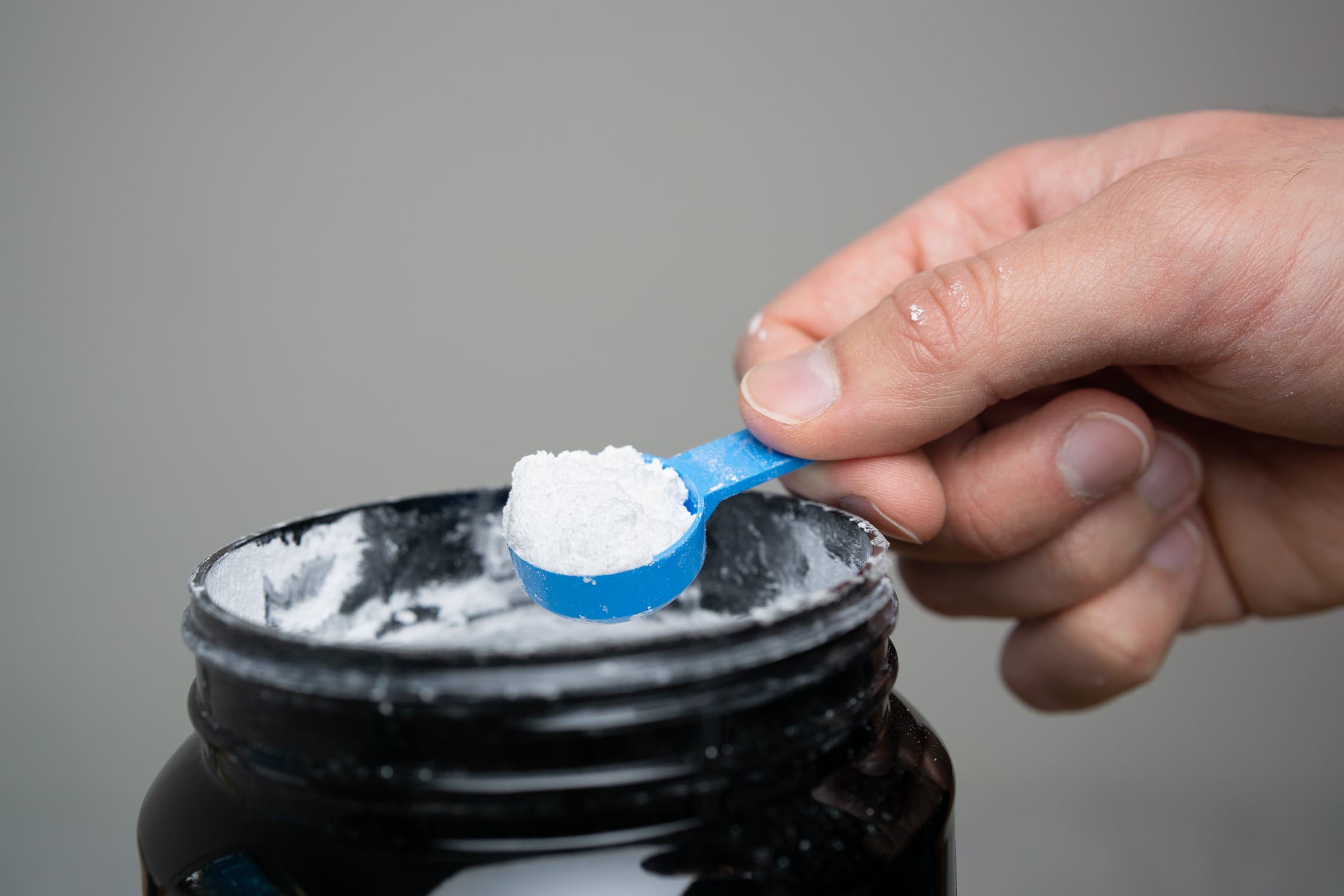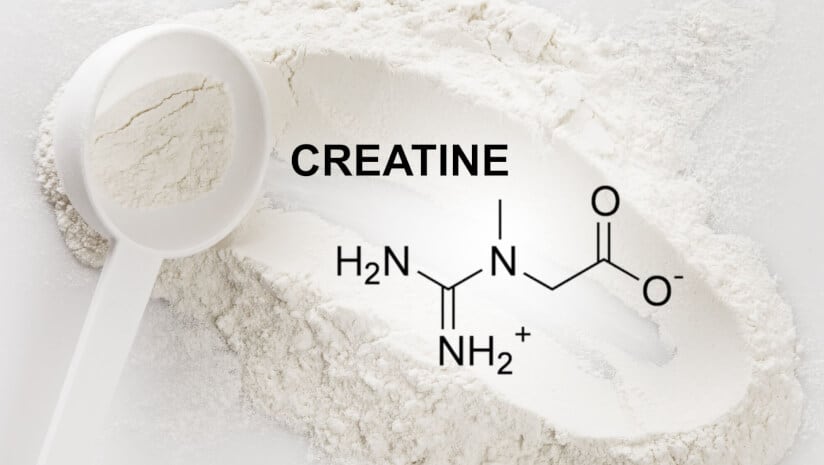A new paper published in The Journal of Dietary Supplements analyzes data on creatine’s impact in wrestling, judo, taekwondo, karate, boxing, Muay Thai and Brazilian jiu jitsu athletes competing at the collegiate, national or elite international level. Conducted by a team of leading creatine researchers, the review also addresses ongoing concerns about whether supplementation causes unwanted bulk and water retention in athletes who need to make weight.
“Creatine supplementation offers several potential benefits for combat sport athletes, particularly in enhancing muscular strength, power output and fat-free mass,” they reported. “While concerns about weight gain remain common in weight-class athletes, the evidence suggests that such increases are generally modest and largely attributable to gains in fat-free mass, which may even be advantageous for performance.”
Data was collected through a comprehensive search of the PubMed, Scopus, Web of Science and Google Scholar databases through March 2025.
Creatine and combat sport
Combat sports—whether grappling-based like judo and wrestling, striking-focused like karate and taekwondo or mixed disciplines like mixed martial arts—place distinct physiological demands on athletes, all requiring high-intensity and explosive performance.
“These sports are energetically demanding and rely heavily on the phosphagen system for high-intensity bursts lasting approximately 6 to 36 seconds, repeated throughout 5-minute rounds, as observed in disciplines such as MMA, providing a strong theoretical rationale for creatine supplementation,” the researchers stated. They also noted that because combat events often involve multiple matches in a day with short rest intervals between bouts, fatigue can accumulate over the course of competition.
The paper cited mixed findings from earlier investigations in combat athletes, with some research showing improvements in anaerobic power, while others observed a lack of performance benefits, accompanied by undesirable weight/body composition changes.
A 2021 narrative review on creatine supplementation for sport performance suggested limited research in combat sports and small sample sizes as responsible for conflicting results, however a summary of practical strategies for creatine use in MMA athletes highlights a wide range of potential benefits.
These included improved performance, increased muscle mass, reduced fat mass, enhanced rehydration, greater glycogen re-synthesis, neuroprotective effects and a reduction in cognitive decline during sleep deprivation or mental fatigue—in addition to its well-established safety profile.
What a synthesis of the science says
For their review, the researchers examined a total of 19 human clinical trials with a collective total of 396 combat sport athletes between the ages of 17 and 27 across the various disciplines.
Most studies were randomized, placebo-controlled trials lasting one to seven days and up to eight weeks, using a common creatine dosing strategy of a short-term loading phase often followed by a maintenance dose of 2 to 5 grams a day for several weeks. Creatine monohydrate was the dietary form most often used.
Due to the heterogeneity in study designs and outcome measures, the researchers performed a qualitative synthesis rather than a meta-analysis, organizing findings into distinct outcome domains: body mass and body composition, strength and power performance, endurance performance, and fatigue and recovery.
“Creatine supplementation increased body mass, especially during longer-term interventions (≥6 wk) or when combined with structured resistance training,” they wrote. “Creatine supplementation also increased measures of body mass and fat-free mass (FFM). Muscular power and maximal strength outcomes improved significantly after creatine supplementation, particularly in studies utilizing short-duration, high-intensity exercise protocols.”
Supplementation did not influence measures of sport-specific endurance, recovery or fatigue. No serious adverse effects such as gastrointestinal discomfort, muscle cramps or kidney issues were reported across the studies.
Regarding increases to fat-free mass, the review noted that they do not appear to impair rapid weight-cutting strategies and that associated water weight can be effectively manipulated during acute weight loss phases.
“Future research should strive for greater methodological rigor, longer intervention periods and the use of standardized assessment tools to improve comparability across studies,” the researchers suggested.
Source: Journal of Dietary Supplements. doi: 10.1080/19390211.2025.2539880. “Creatine Supplementation in Combat Sport Athletes: A Narrative Systematic Review”. Authors: Damoon Ashtary-Larky et al.




